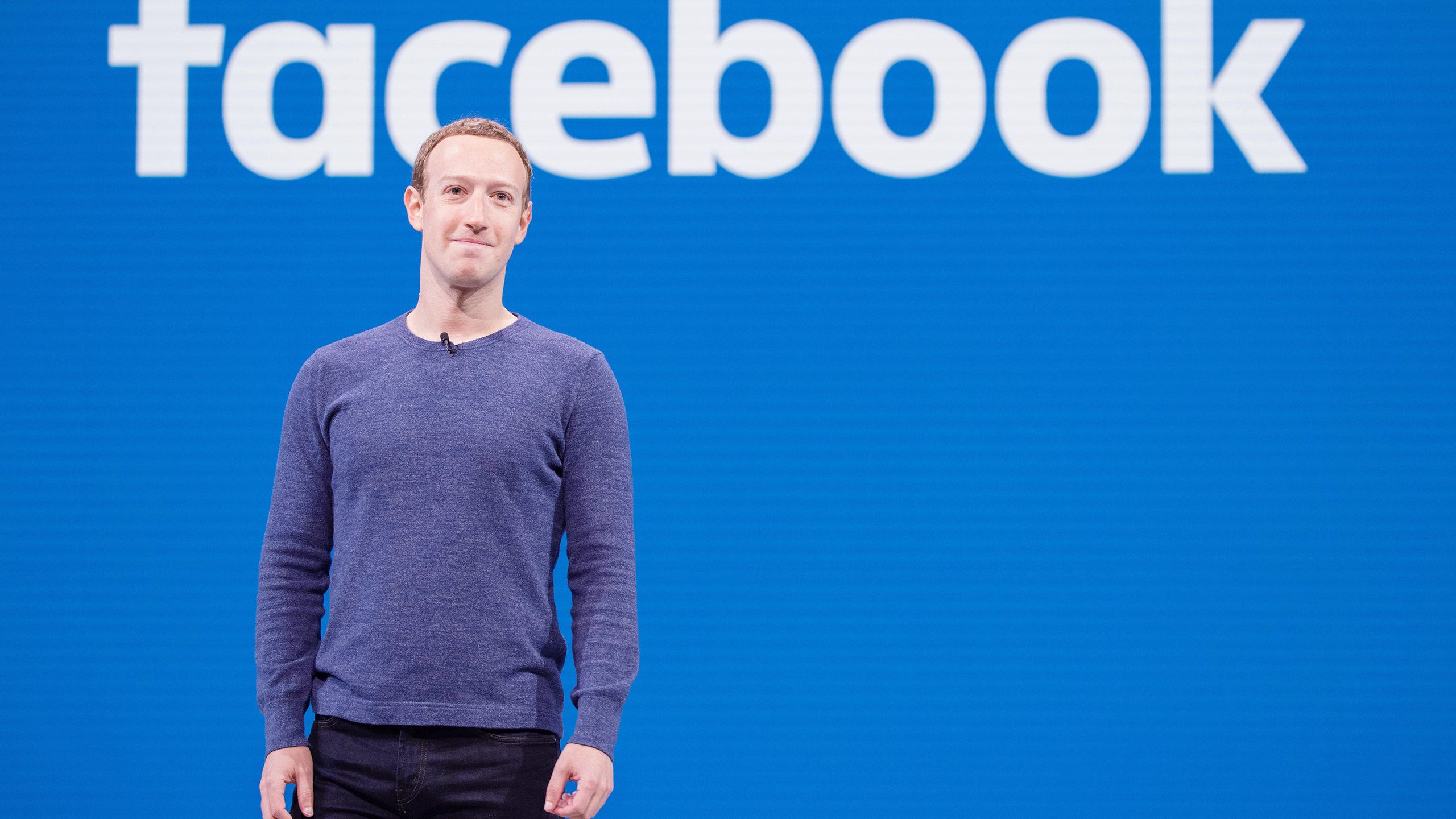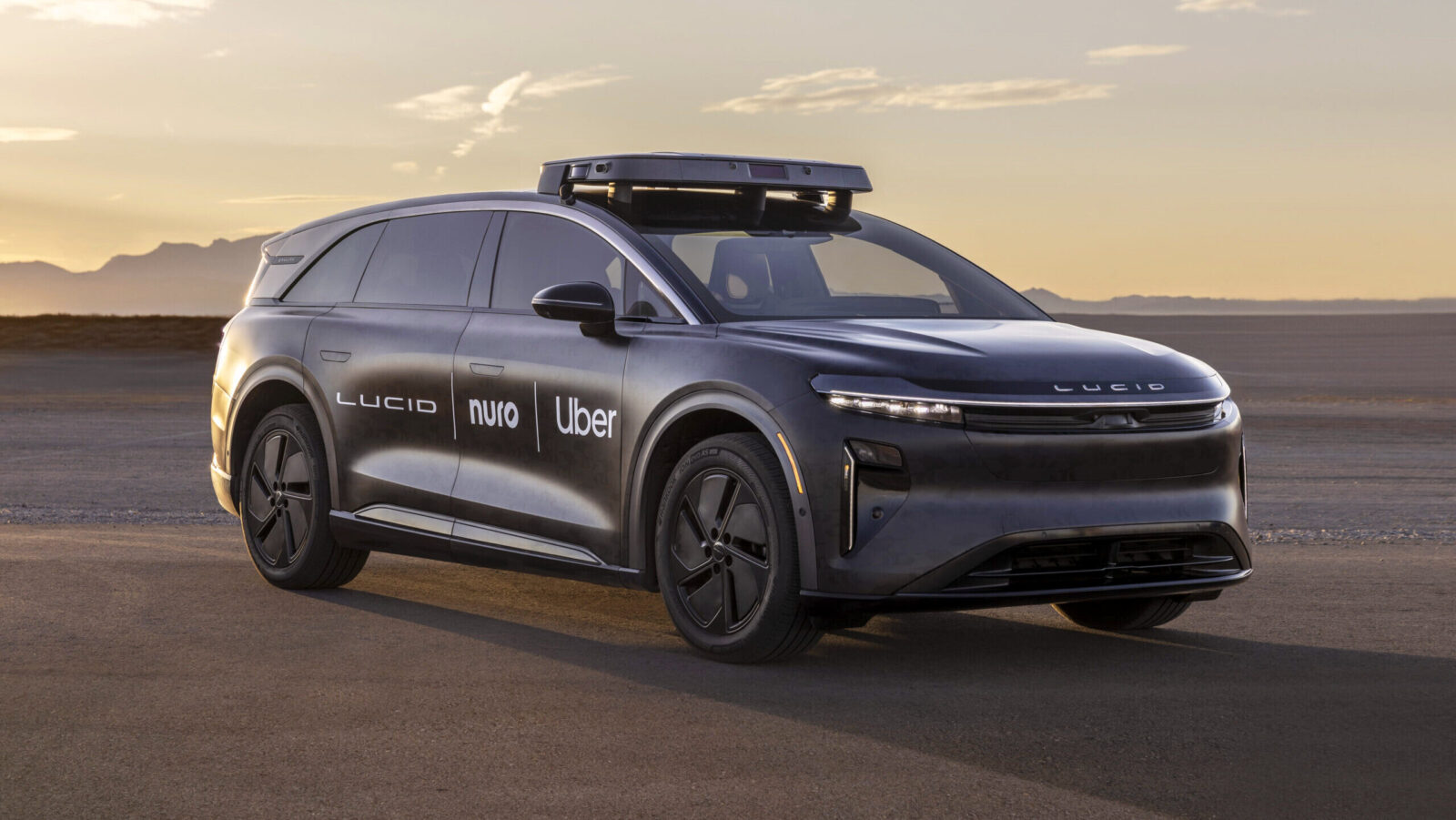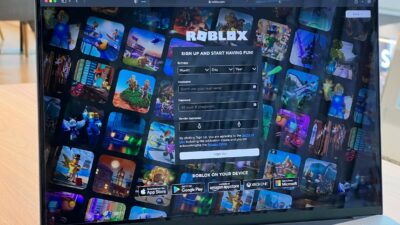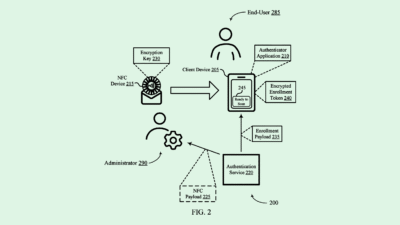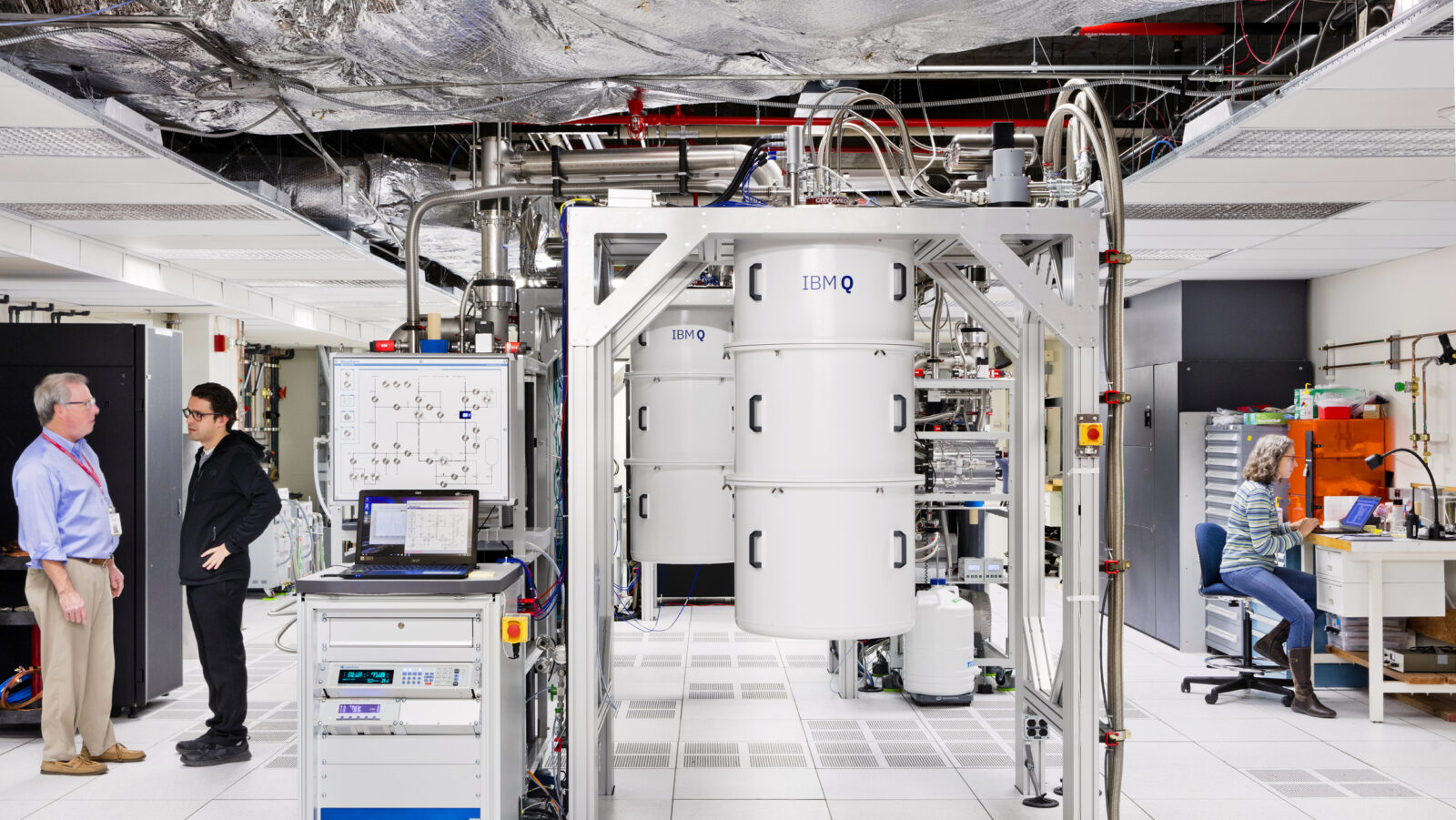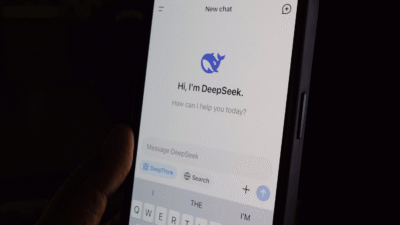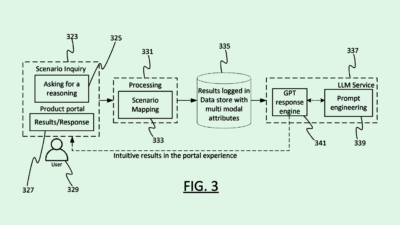Meta Readies AI Search Engine to End Reliance on Google, OpenAI
Meta is developing an artificial intelligence-based search engine to stake its claim in a rapidly growing market.
Sign up for smart news, insights, and analysis on the biggest financial stories of the day.
It’s not just the trendy oversized sweatshirts, the gold chains, the fit jiu-jitsu physique, the curly locks, or the custom Porsche.
The “Zuckaissance” — as Meta CEO Mark Zuckerberg’s fashion rebrand has been dubbed — may be a signal of big changes to business, too. The Zuck-led social media giant is developing an artificial intelligence-based search engine to stake its claim in a rapidly growing market where OpenAI, Google, and Microsoft are already jockeying for position.
Search of Lost Dime
The Information broke the news Monday that Meta is developing an AI search engine, to be embedded in its Meta AI chatbot. The company has reportedly been indexing the web for at least eight months. (In July, Meta quietly revealed a new web crawler for “training AI models or improving products,” but stayed hush-hush when it came to publicizing it.)
Meta AI currently uses Google and Bing’s search engines when it fetches users answers about current events, financial markets, and sports. The Information, citing sources familiar with Meta’s thinking, said the company is slashing reliance on other Big Tech firms in order to insulate itself from a repeat “sting” — like Apple’s 2021 changes to iPhone privacy features, which wiped out $10 billion in ad revenue. Zuckerberg’s social empire will also further expand its footprint into rival territory:
- Zuckerberg said in September that Meta AI had close to 500 million monthly active users (and in August, he noted it had 185 million weekly active users). That’s fast approaching OpenAI, which said earlier this month that its ChatGPT had 250 million weekly active users. Keep in mind, Meta AI is yet to launch in major markets, including the EU and Brazil.
- Not to be outdone, Google is aggressively integrating its Gemini chatbot into its suite of products, and a new version of the Gemini 2.0 model could be rolled out as early as December. OpenAI — which relies on the Bing search engine of its largest investor, Microsoft — is also planning to launch a new ChatGPT model that month.
Google What? AI search engines have eaten into Google’s search market dominance so much that, next year, the company’s share of the US search ad market could drop below 50% for the first time in over a decade, according to eMarketer. Bernstein Research reports that some young people are even dropping “Google” as a verb in favor of a cutting-edge new slang term: “search.”
